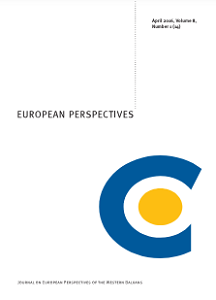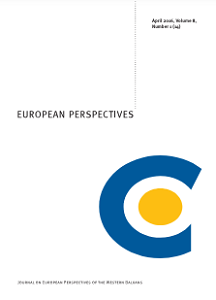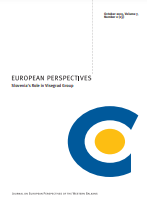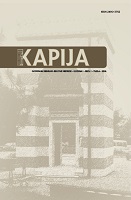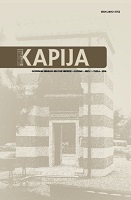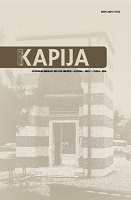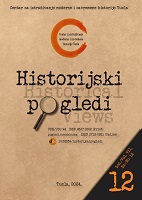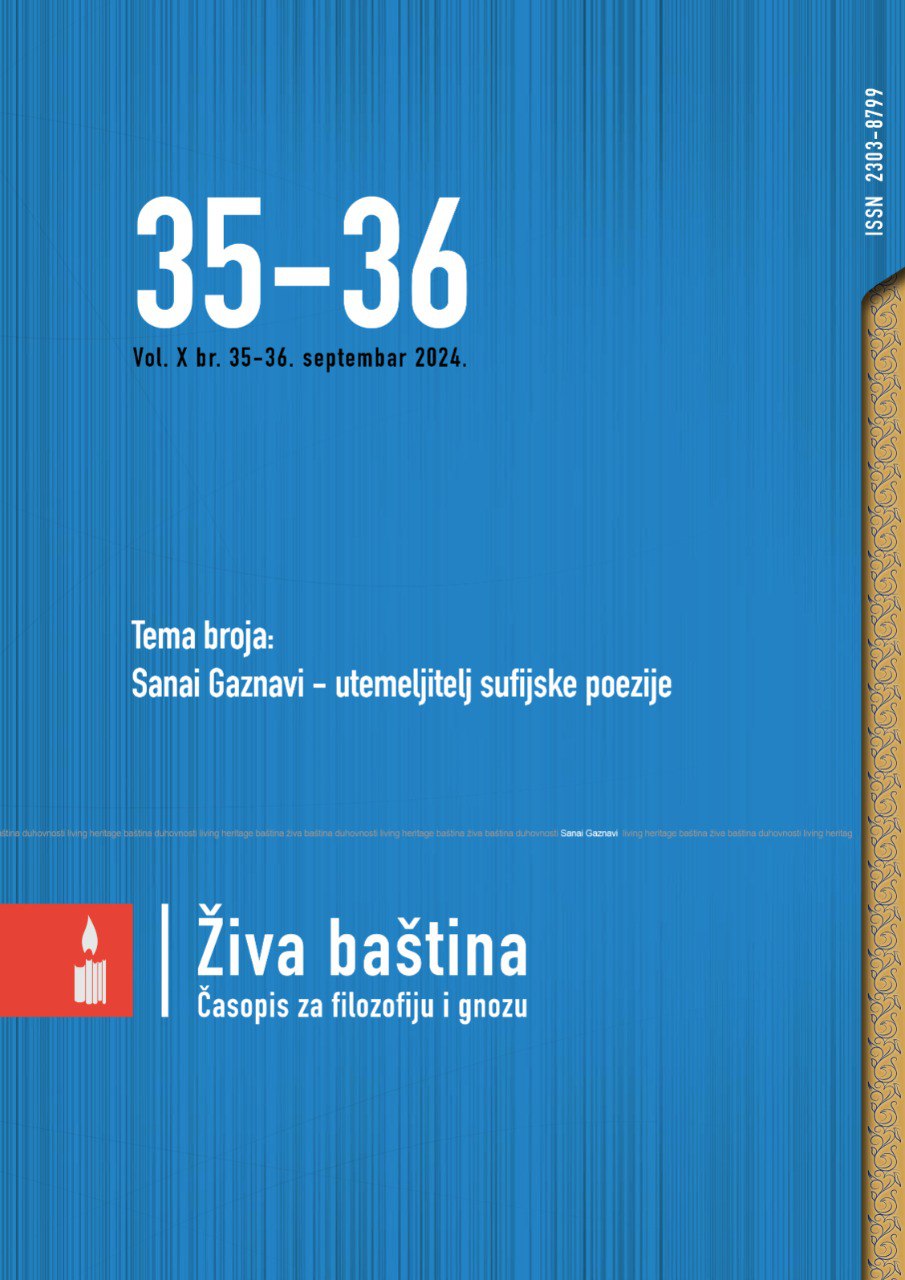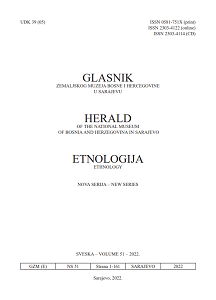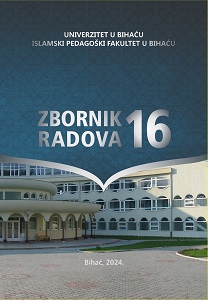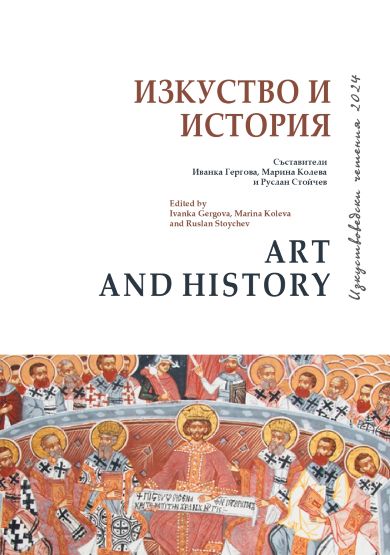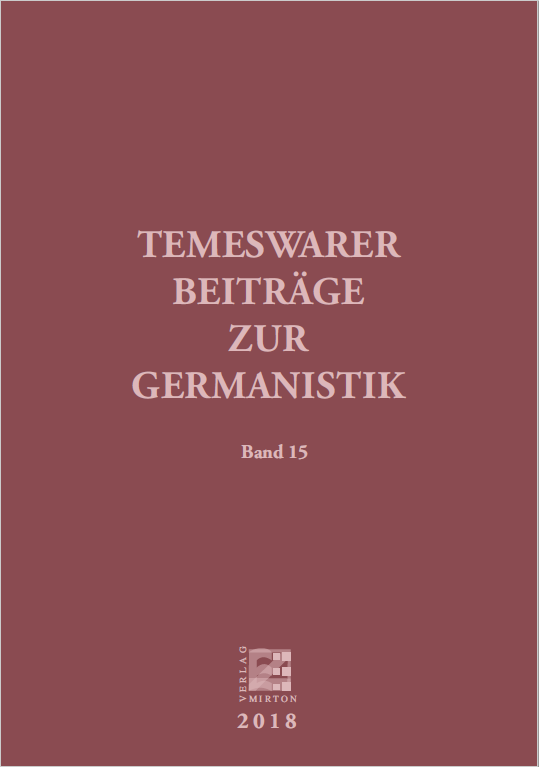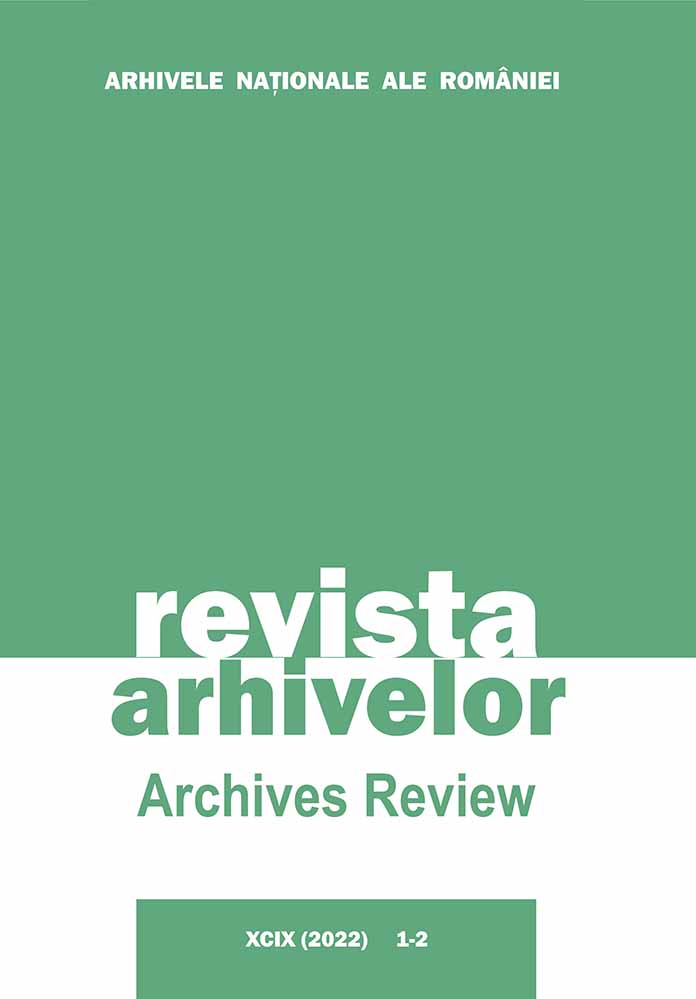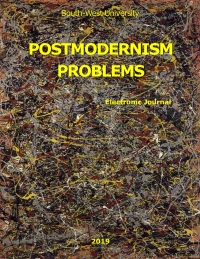
Sufism in the Spiritual and Cultural History of Islam
Spread around the world due to its variety and presence of various scientific, cultural and philosophical movements since the Islamic revival Islamic culture laid the foundation for many new directions of human development and enriched its spiritual and cultural heritage. From this point of view in nowadays Sufism has got a great importance and carefully studied. The author notes that the concepts of Sufis of the early tasawwuf period Bayazed Bistami and Junade Baghdadi were systematized later in a more perfect form by Imam Ghazali and Seyyid Yahya Bakuvi. One of the most important persons in the history of Sufism was ibn Arabi, the follower of the era after Gazali and the creator of the philosophical tasawwuf.The author emphasizes that the theory of wahdati-wujud created by Gazali left a deep mark on the world philosophical heritage and became the basic of the great Tasawwuf tradition (Morewedge 1995).According to researches Khalwatiyya created by Bakuvi (died in 1463/1464) in Azerbaijan and widely spread in many countries is one of the most important movements in Islam. Bakuvi was a student and follower of the first founder of this movement Omar al Khalvati Shirvani known as Piri-Avvali.
More...
